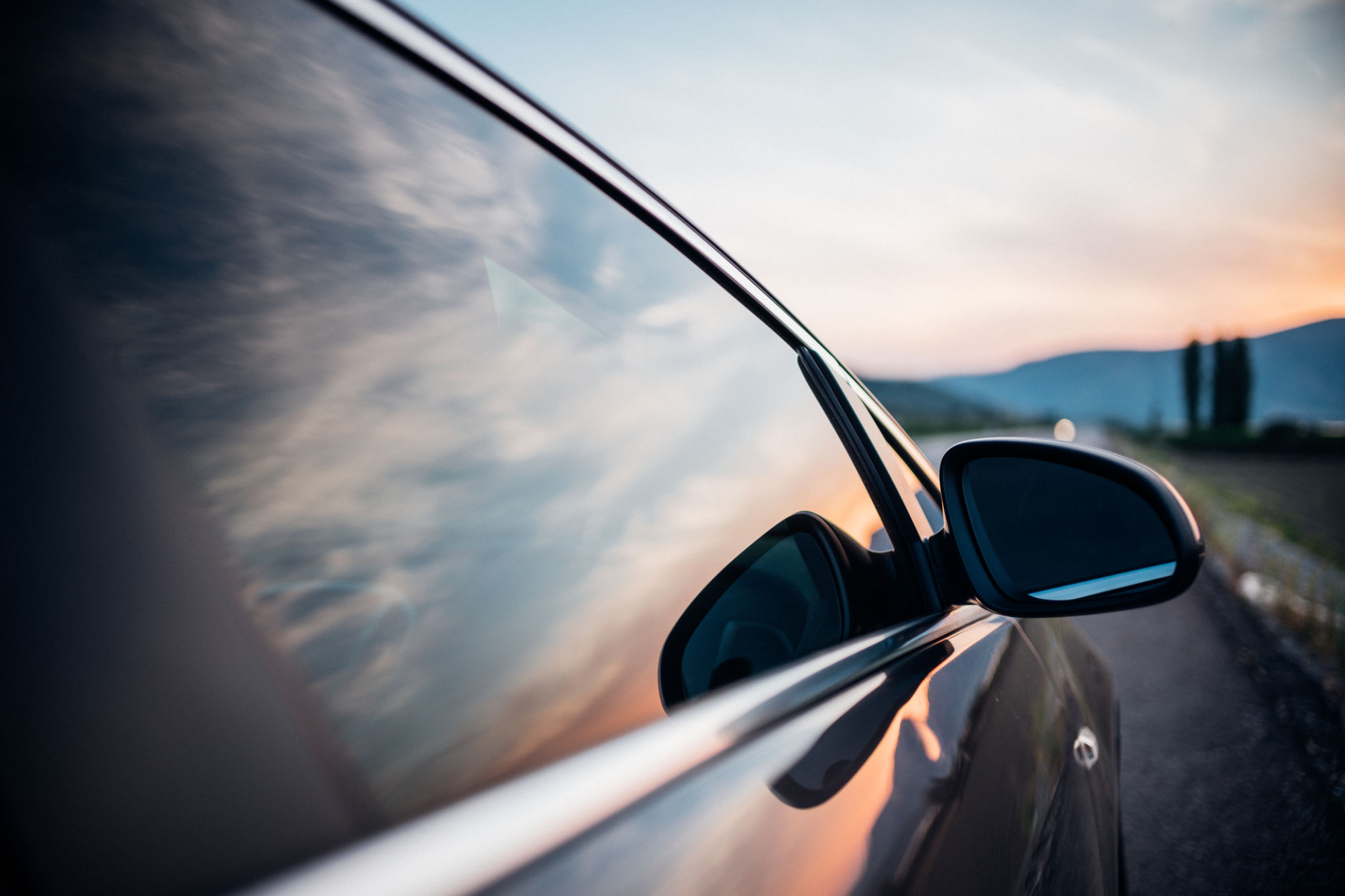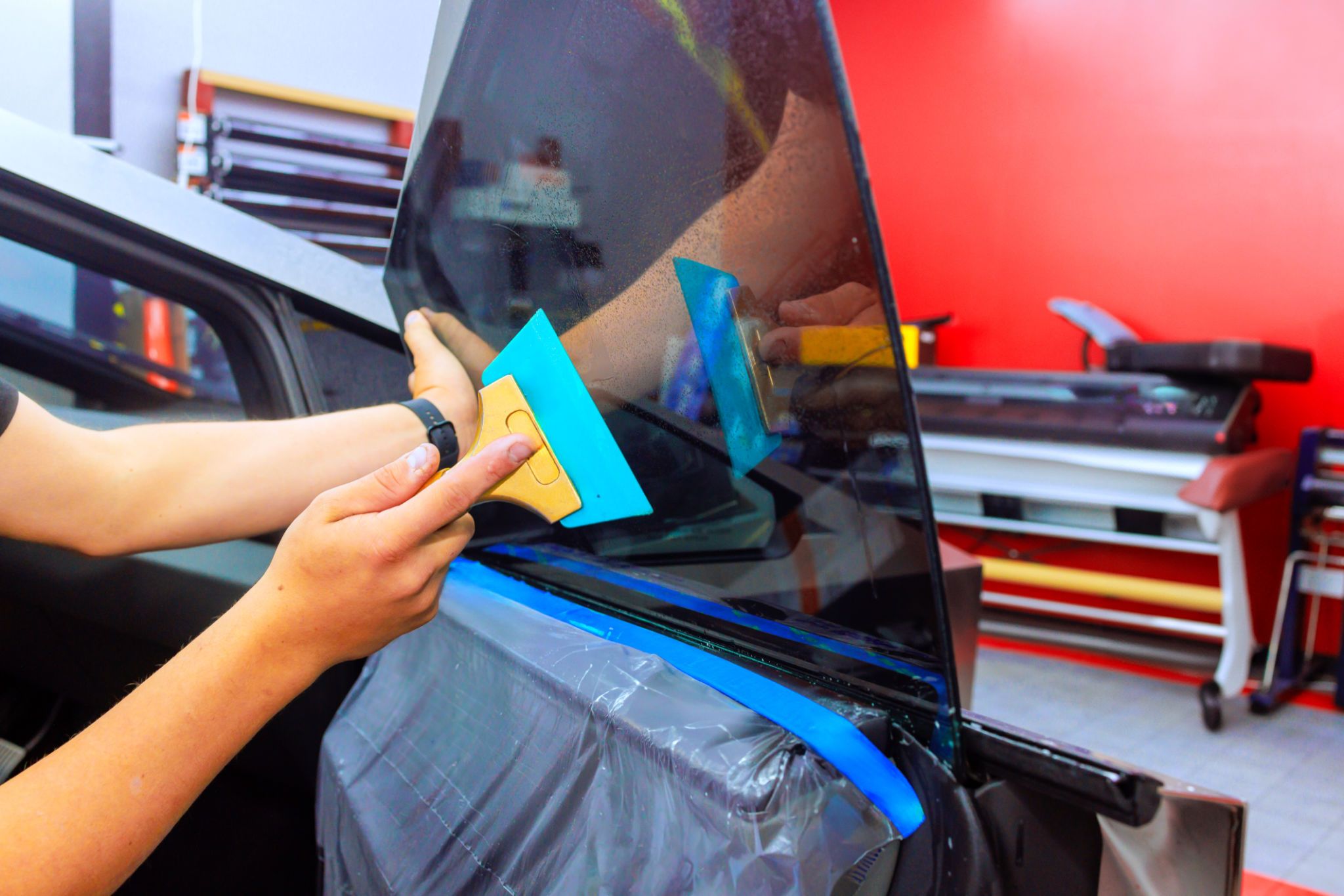Common Myths About Car Window Tinting Debunked
Myth 1: Car Window Tinting is Illegal
One of the most common myths surrounding car window tinting is that it is illegal. The truth is that window tinting is legal in many places, but regulations vary by state or country. Most regions have specific laws governing the percentage of tint allowed on different windows. It's important to familiarize yourself with local regulations to ensure compliance.
For example, some areas permit a darker tint on rear windows than on front windows, while others have uniform guidelines for all vehicle windows. Always check with local authorities or a professional tinting service to understand the legal requirements in your area.

Myth 2: Tinting Windows Makes Them Shatterproof
Another misconception is that tinted windows can prevent glass from shattering. While window film can help hold shattered glass together, it does not make the glass shatterproof. The film adds a layer of protection, reducing the risk of injury from flying shards, but it's not a substitute for safety glass.
It's essential to understand that window tinting is primarily for UV protection, privacy, and heat reduction. While it does offer some additional safety benefits, it should not be relied upon solely for preventing glass breakage.
Myth 3: Tinted Windows Will Never Fade
Many people believe that once they have their car windows tinted, the color will remain vibrant indefinitely. In reality, the longevity of window tint depends on the quality of the film used and exposure to sunlight. High-quality films are designed to resist fading and can last several years without significant color loss.
To maximize the lifespan of your window tint, choose a reputable installer who uses high-grade materials. Regular maintenance and proper care can also help preserve the tint's appearance over time.

Myth 4: Darker Tints Provide Better UV Protection
A common belief is that darker tints offer superior UV protection. However, the level of UV protection provided by window tint is not solely dependent on its darkness. Modern window films are designed to block a high percentage of UV rays regardless of their shade.
When selecting a window tint, focus on its UV-blocking capabilities rather than its darkness. Many manufacturers provide detailed specifications indicating the percentage of UV protection offered by their films.
Myth 5: DIY Tinting is Just as Good as Professional Installation
Some car owners opt for do-it-yourself (DIY) tinting kits with the belief that they can achieve results comparable to professional installation. While DIY kits might seem cost-effective initially, they often lack the quality and precision that professionals provide.
Professional installers have the experience and tools necessary to ensure a perfect fit without bubbles or peeling. Investing in a professional service can save time and ensure a durable and aesthetically pleasing result.

Myth 6: Window Tinting is Only for Aesthetic Purposes
While enhancing a vehicle's appearance is one benefit of window tinting, its advantages extend far beyond aesthetics. Tinted windows offer numerous practical benefits, including reducing glare, improving privacy, and protecting the interior from UV damage. They also help maintain a cooler car temperature by blocking heat from the sun.
Understanding these functional benefits highlights why window tinting is a popular choice among vehicle owners seeking both style and utility.
Myth 7: Tinted Windows Reduce Visibility at Night
A concern for many drivers is that tinted windows might hinder visibility during nighttime driving. While extremely dark tints could pose a problem, properly applied tints should not impede your ability to see clearly at night.
Selecting an appropriate level of tint and ensuring professional installation will help maintain visibility while driving in various lighting conditions. It's always best to choose a balanced option that provides privacy and UV protection without compromising safety.
